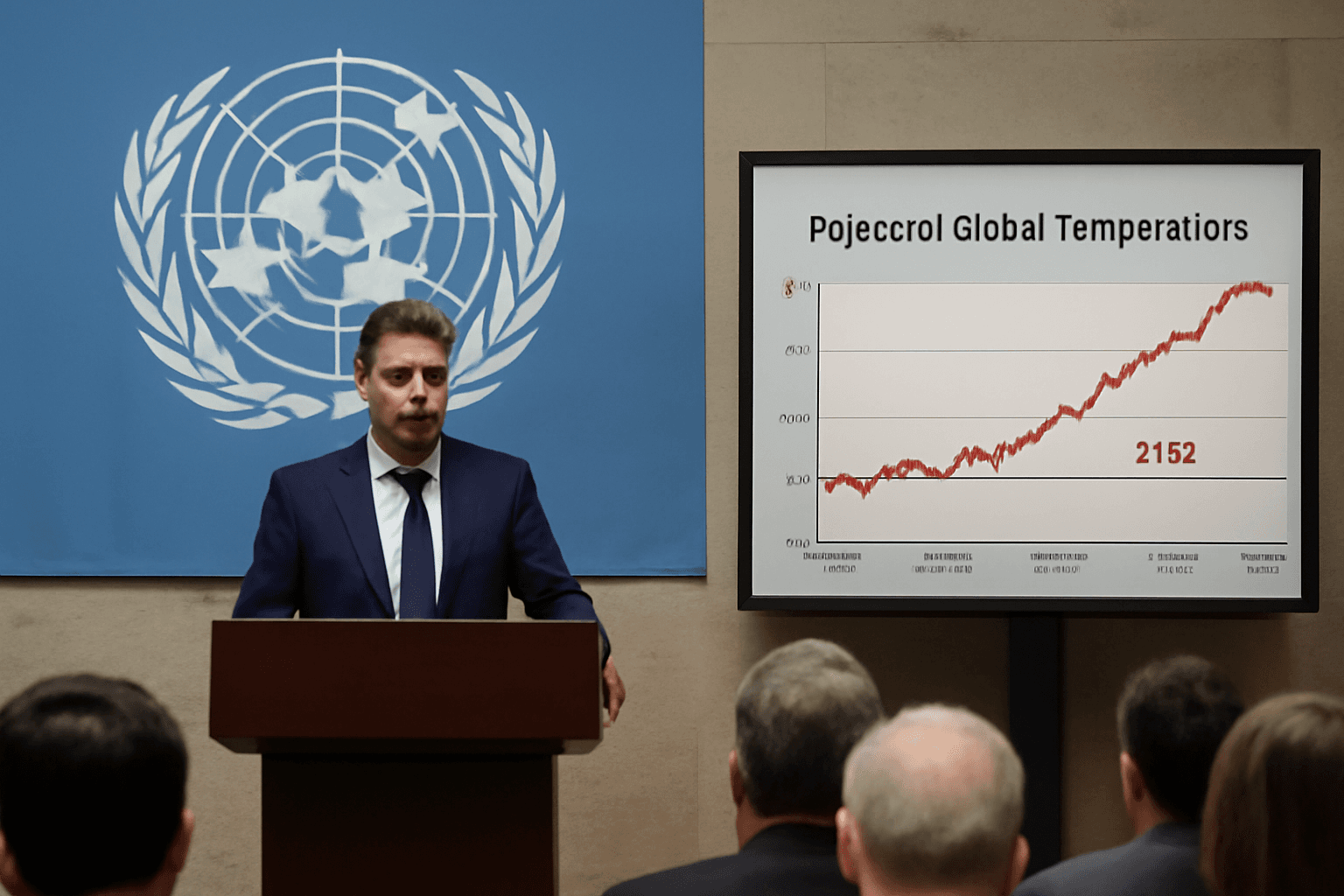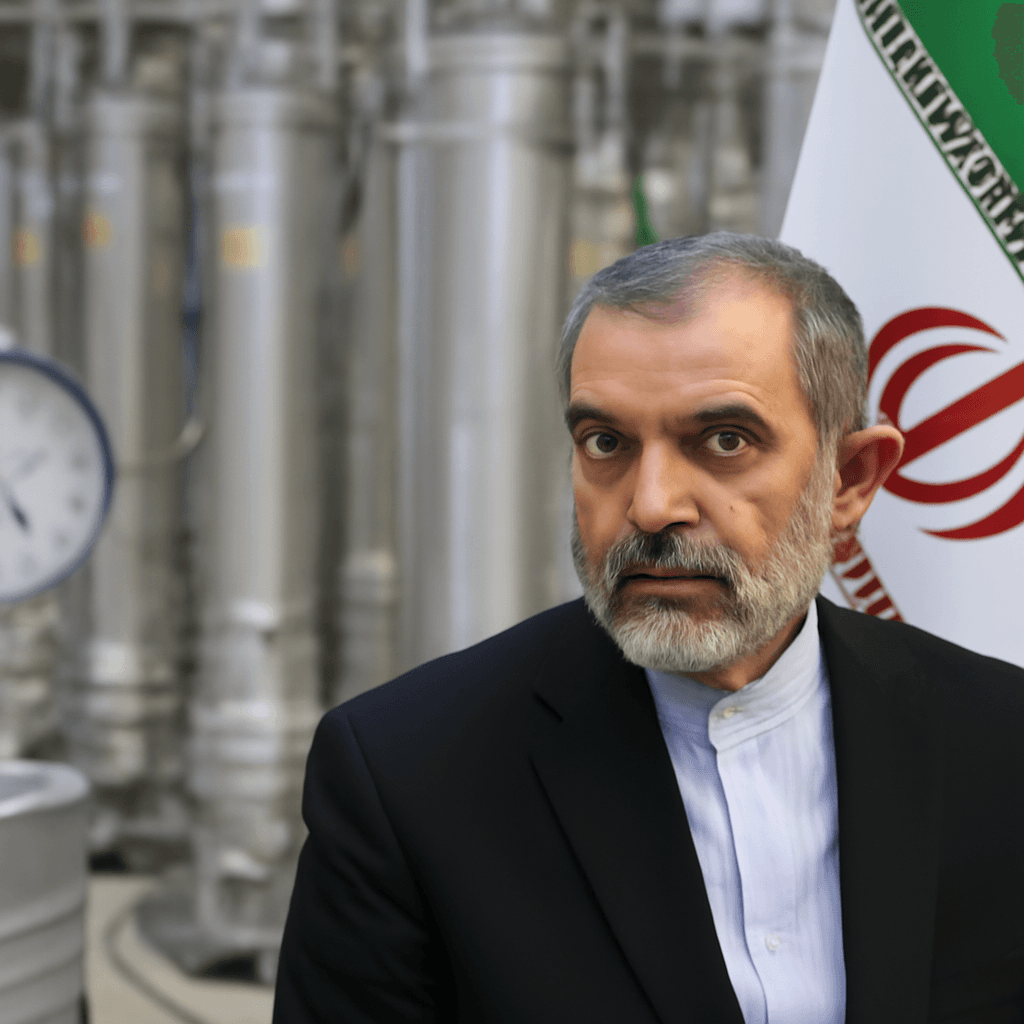JPMorgan Integrates Climate Science Expertise to Guide Investment Strategies
JPMorgan has appointed Sarah Kapnick, former chief scientist at the National Oceanic and Atmospheric Administration (NOAA), as its global head of climate advisory. Kapnick’s unique role is designed to help the bank’s clients navigate the complex intersection of climate change and financial decision-making.
Bridging Finance and Climate Science
Beginning her career in 2004 as an investment banking analyst, Kapnick quickly recognized a significant gap: climate change considerations were largely absent from financial advisory services despite their critical impact on business and economic growth. Holding a degree in theoretical mathematics and geophysical fluid dynamics, she realized her expertise positioned her ideally to address this challenge.
To deepen her scientific knowledge, Kapnick transitioned to NOAA, a U.S. Department of Commerce agency dedicated to understanding and predicting changes in climate, weather, and oceans. Her work culminated in her appointment as NOAA’s chief scientist in 2022, where she focused on translating climate physics into economic and commercial implications.
A Unique Role at JPMorgan
Joining JPMorgan in 2024, Kapnick's role diverges from the typical chief sustainability officer position found at many financial institutions. Instead, she leads climate advisory services that provide clients with scientific insights and strategic frameworks to evaluate climate-related risks and opportunities.
Kapnick explains, "Clients want to understand how climate change affects their operations and long-term plans, and how to develop strategic frameworks for managing these risks."
Advising on Climate Risks Like Wildfires
Kapnick works closely with clients facing specific threats such as wildfire risk. She guides investors on understanding wildfire trends, potential changes in building codes, and relevant modeling and regulatory frameworks. This information helps clients make informed decisions about infrastructure investment, insurance, and capital allocation to reduce vulnerability and financial exposure.
Clients benefit from assessments that not only evaluate risks but also identify emerging opportunities in safer regions, enabling a holistic approach to risk management and investment diversification.
Collaborative Approach to Climate Advisory
Although Kapnick’s expertise lies primarily in climate science, her role involves extensive collaboration with economists, sector experts, and capital market specialists within JPMorgan. This multidisciplinary teamwork ensures comprehensive advice tailored to diverse client needs.
Adapting to Data Challenges in Climate Risk Assessment
With reductions in publicly available government climate data in recent years, Kapnick emphasizes the increasing role of private sector data providers. She acknowledges an ongoing adjustment period as clients evaluate the credibility of alternative data sources and invest in in-house climate expertise.
Key points include:
- Clients developing internal teams of meteorologists and climatologists to interpret complex data.
- Emergence of startups and established companies offering vital climate risk data previously accessible only through government agencies.
- Heightened scrutiny over data reliability and provenance in investment decision-making.
Climate Risks Impacting Finance Today
Kapnick highlights that climate change is no longer a distant future threat but is already influencing financial outcomes. She states, "Climate change isn’t something happening in the future—it’s a present risk affecting today’s bottom line."
Conclusion
By combining rigorous climate science with financial insight, Sarah Kapnick’s role at JPMorgan represents a forward-thinking strategy to integrate climate considerations into investment frameworks. This approach equips clients to better manage risks and capitalize on emerging opportunities in a rapidly changing global environment.


















